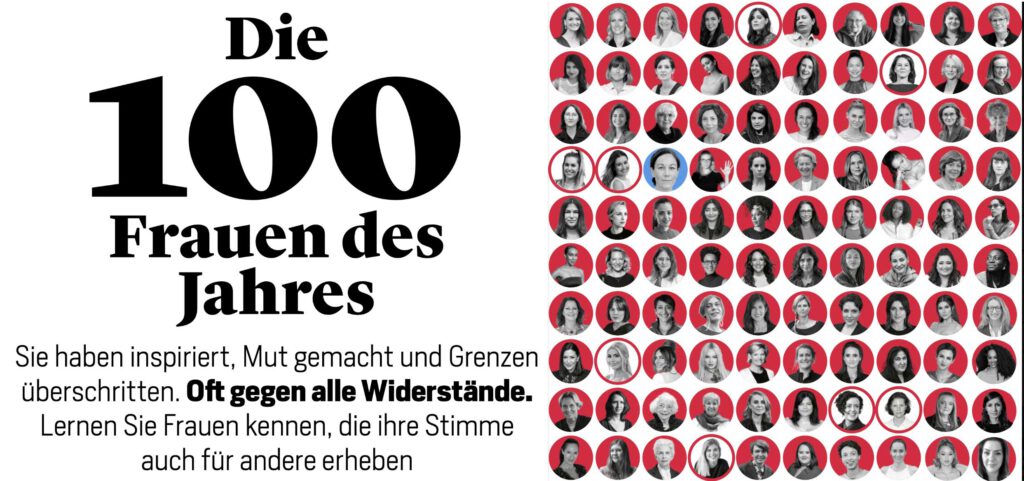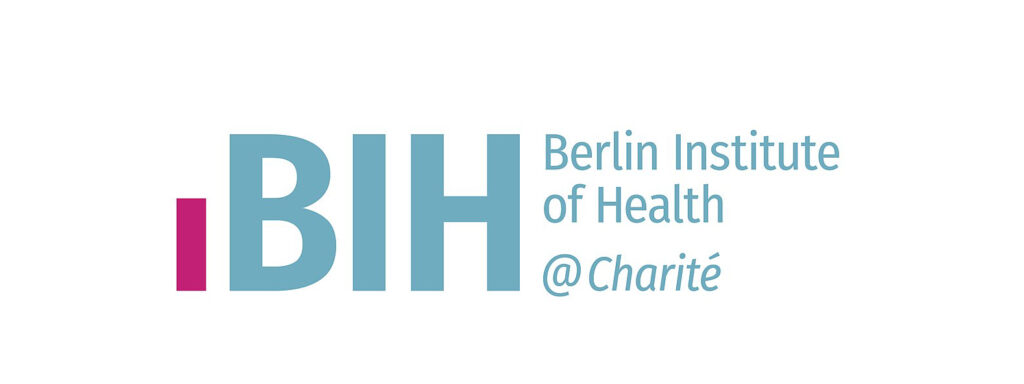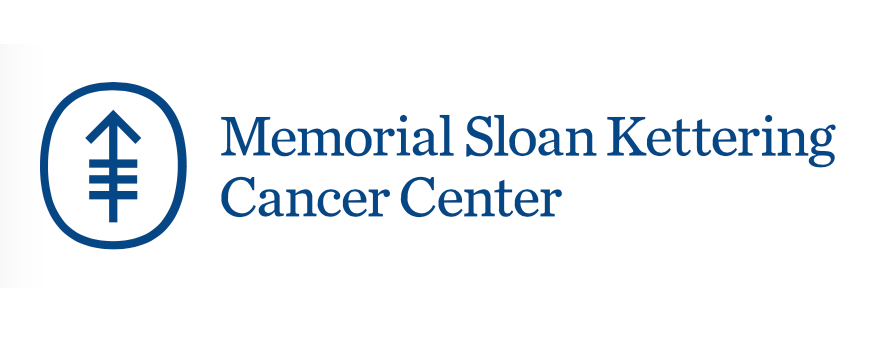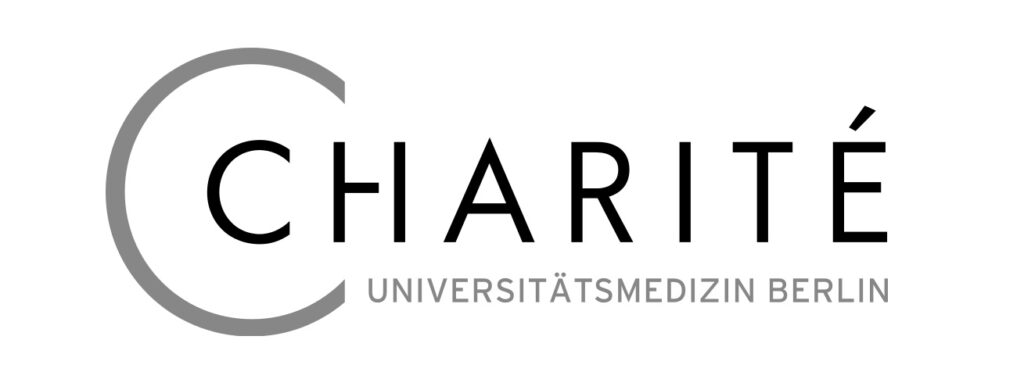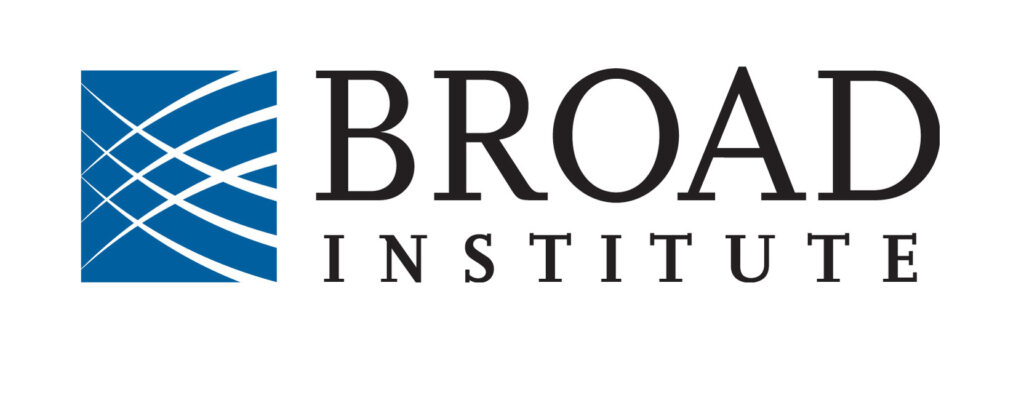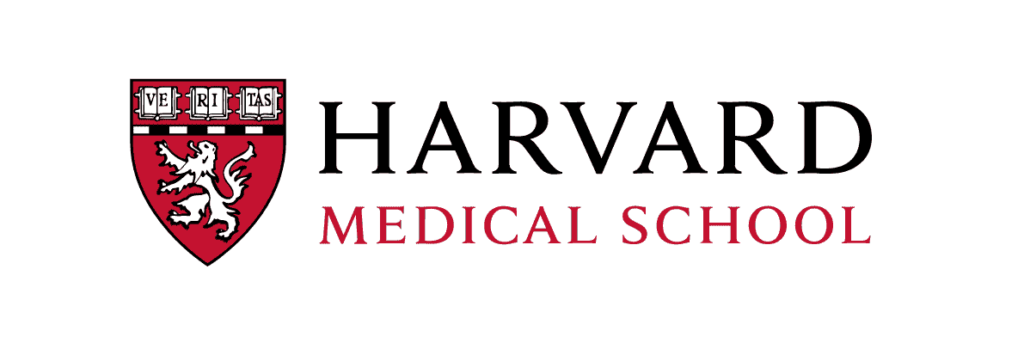I am grateful and honored to have been named one of Germany’s 100 #WomenOfTheYear by @FOCUS_Magazin for my contributions to #Cancer #Research and #PersonalizedMedicine.
Early Cancer Development and Prevention
The Kübler Lab is an interdisciplinary research group working at the interface of biology, computational biology, and medical oncology. The lab specializes in studying the molecular mechanisms and genomic changes that initiate and drive cancer development, using novel experimental and computational technologies. A better understanding of the key processes underlying cancer onset and progression will ultimately enable us to intervene at an early stage and prevent cancer, an approach instrumental in improving patient outcome.

Main research topics


Cancer is the result of clonal evolution, where genomic changes in normal cells can lead to the formation of early precancerous lesions. Additional accumulation of molecular alterations can then result in the development of invasive cancer. However, if detected and treated early, precancerous lesions can be cured before they progress to cancer.
The Kübler Lab is dedicated to investigating these genomic alterations and their impact on cancer development. We develop and apply innovative experimental multi-omics techniques to extract multiple types of molecular information from archived samples. These novel methods have the potential to unlock archives as a valuable resource for translational research, particularly in the study of uncommon cancers and early tumorigenesis.
The Kübler Lab also develops novel computational methods that predict the cell-of-origin of cancer and identifies the susceptibilities of individual cell types for cancer transformation. By combining our cutting-edge computational and experimental techniques, we can obtain a more comprehensive understanding of the molecular changes that are involved in the initiation, progression, and transformation of pre-malignant lesions to invasive cancer.
Our long-term vision is to improve precision medicine and to translate our findings to the clinic by innovating strategies for the prevention, early detection and treatment of cancer and its precursors.
Major Publications
AUGUST 2022, Science
Diverse mutational landscapes in human lymphocytes
Machado HE, Mitchell E*, Øbro NF*, Kübler K*, Davies M, Leongamornlert D, Cull A, Maura F, Sanders MA, Cagan ATJ, McDonald C, Belmonte M, Shepherd MS, Vieira Braga FA, Osborne RJ, Mahbubani K, Martincorena I, Laurenti E, Green AR, Getz G, Polak P, Saeb-Parsy K, Hodson DJ, Kent DG, Campbell PJ. Nature. Aug;608(7924):724-732. doi: 10.1038/s41586-022-05072-7 (*, contributed equally)
AUGUST 2019, Science
RNA sequence analysis reveals macroscopic somatic clonal expansion across normal tissues
Yizhak K, Aguet F, Kim J, Hess JM, Kübler K, Grimsby J, Frazer R, Zhang H, Haradhvala NJ, Rosebrock D, Livitz D, Li X, Arich-Landkof E, Shoresh N, Stewart C, Segrè AV, Branton PA, Polak P, Ardlie KG, Getz G. R 2019; 364: 6444. doi: 10.1126/science.aaw0726
JANUARY 2019, bioRxiv
Pan-Cancer Analysis of Whole Genomes Network.Tumor mutational landscape is a record of the pre-malignant state
Kübler K *, Karlić R* Haradhvala NJ, Ha K, Kim J, Kuzman M, Jiao W, Gakkhar S, Mouw KW, Braunstein LZ, Elemento O, Biankin AO, Rooman I, Miller M, Karthaus WR, Nogiec CD, Juvenson E, Curry E, Mino-Kenudson M, Ellisen LW, Brown R, Gusev A, Tomasetti C, Lolkema MP, Steeghs N, van Herpen C, Kim H-G, Lee H, VlahovicÃåek K, Bernstein BE, Sawyers CL, Hoadley KA, Cuppen E, Koren A, Arndt PF, Louis DN, Stein LD, Foulkes WD, Polak P, Getz G on behalf of the PCAWG Pathology and Clinical Correlates Working Group, and the ICGC/TCGA bioRxiv, doi: https://doi.org/10.1101/517565 (*, contributed equally),
AUGUST 2018, Cancer Cell
Widespread Chromosomal Losses and Mitochondrial DNA Alterations as Genetic Drivers in Hürthle Cell Carcinoma
Gopal RK*, Kübler K*, Calvo SE, Polak P, Livitz D, Rosebrock D, Sadow PM, Campbell B, Donovan SE, Amin S, Gigliotti BJ, Grabarek Z, Hess JM, Stewart C, Braunstein LZ, Arndt PF, Mordecai S, Shih AR, Chaves F, Zhan T, Lubitz CC, Kim J, Iafrate AJ, Wirth L, Parangi S, Leshchiner I, Daniels GH, Mootha VK, Dias-Santagata D, Getz G, McFadden DG.
AUGUST 2017, Nature Genetics
A mutational signature reveals alterations underlying deficient homologous recombination repair in breast cancer
Polak P, Kim J, Braunstein LZ, Karlic R, Haradhavala NJ, Tiao G, Rosebrock D, Livitz D, Kübler K, Mouw KW, Kamburov A, Maruvka YE, Leshchiner I, Lander ES, Golub TR, Zick A, Orthwein A, Lawrence MS, Batra RN, Caldas C, Haber DA, Laird PW, Shen H, Ellisen LW, D’Andrea AD, Chanock SJ, Foulkes WD, Getz. Nature Genetics;49(10):1476-1486 doi: 10.1038/ng.3934.
News
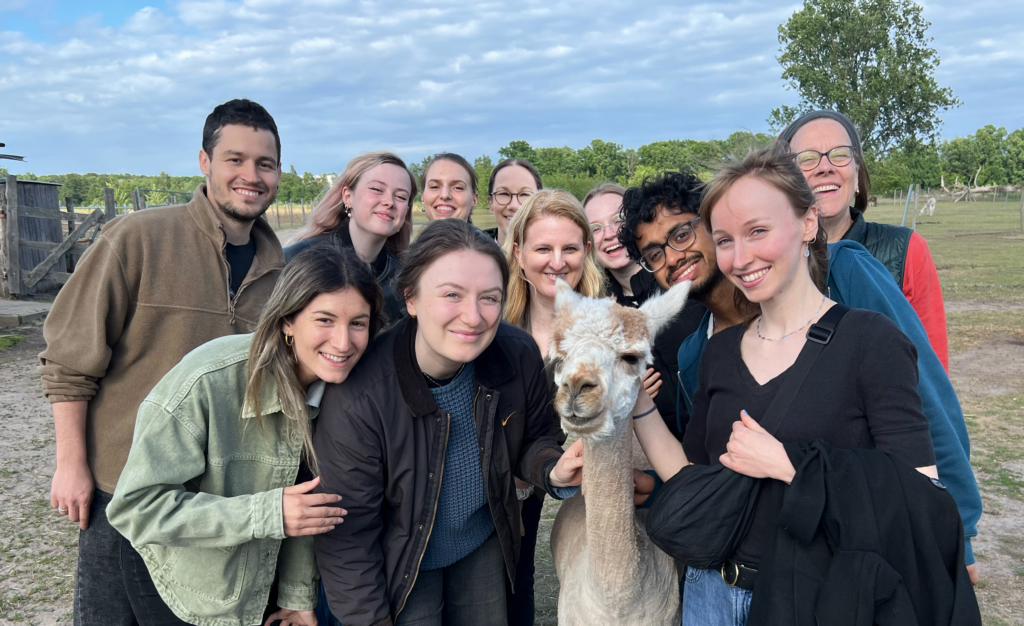
Meet our new mascot: Aslan, the unusually cuddly alpaca
To balance hard science with soft fluff and the city jungle with nature adventures, the Kübler Lab headed for the Berlin hinterland for our annual works outing to explore the fascinating world of llamas and alpacas.
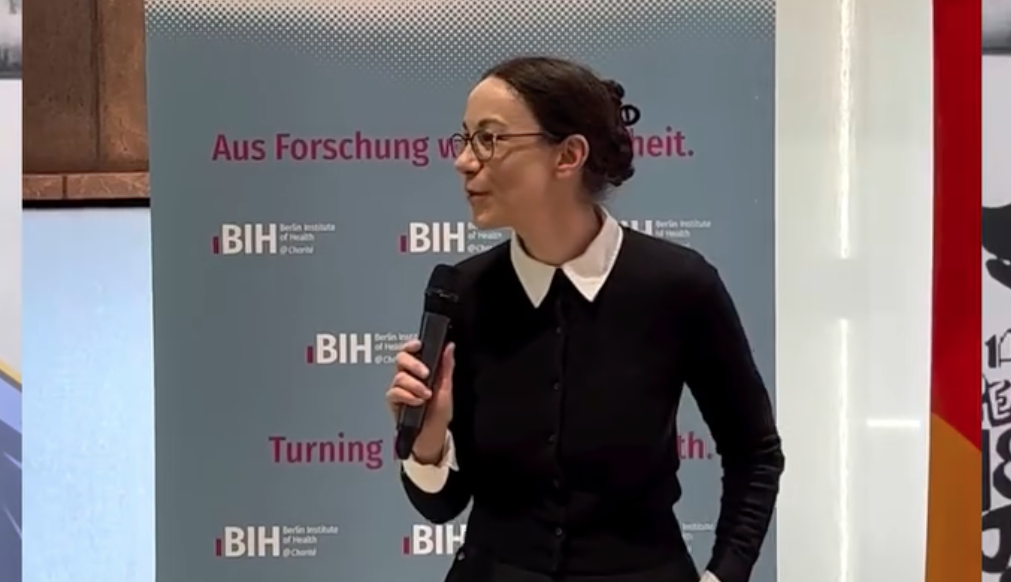
Transforming the health of women
In the context of the Charité-Mayo Clinic Conference, our PI Kirsten Kübler represented the BIH at the UNFPA’s WomenX Collective, an innovative programme that seeks to close health gaps by driving women-centric solutions worldwide.
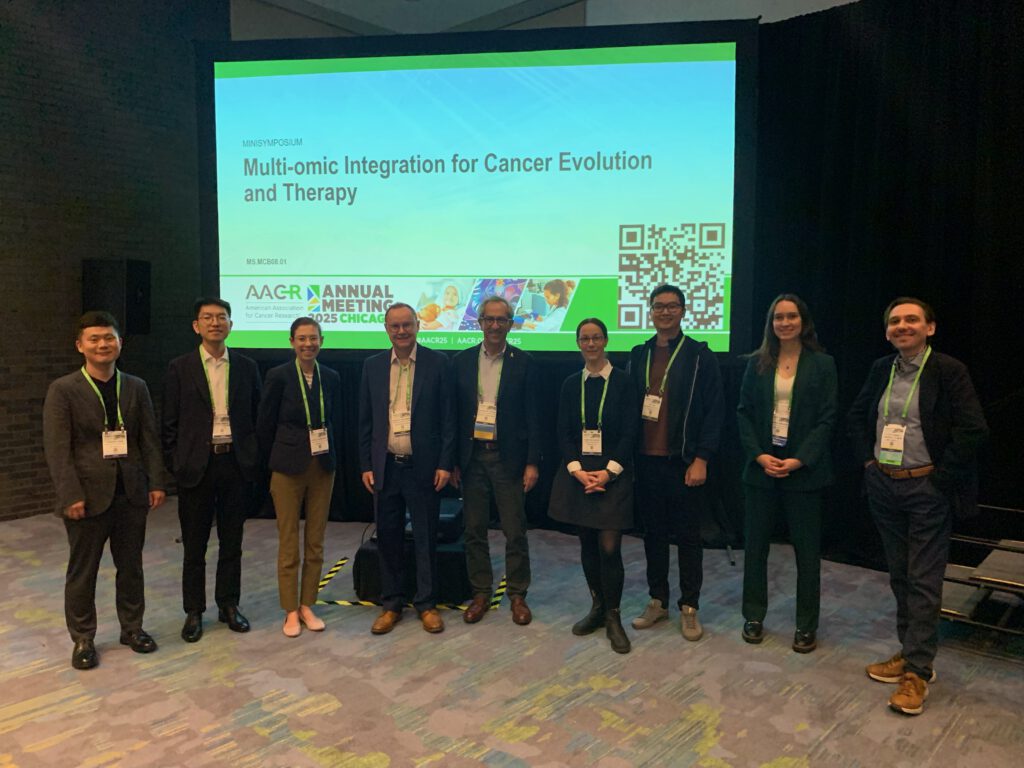
AACR 2025: a shared commitment
To contribute to the progress against cancer, our PI Kirsten Kübler shared her latest work on the cellular origins of cancer during a session on multi-omic integration at AACR 2025, together with session Chairs David Huntsman und Carlos Caldas.
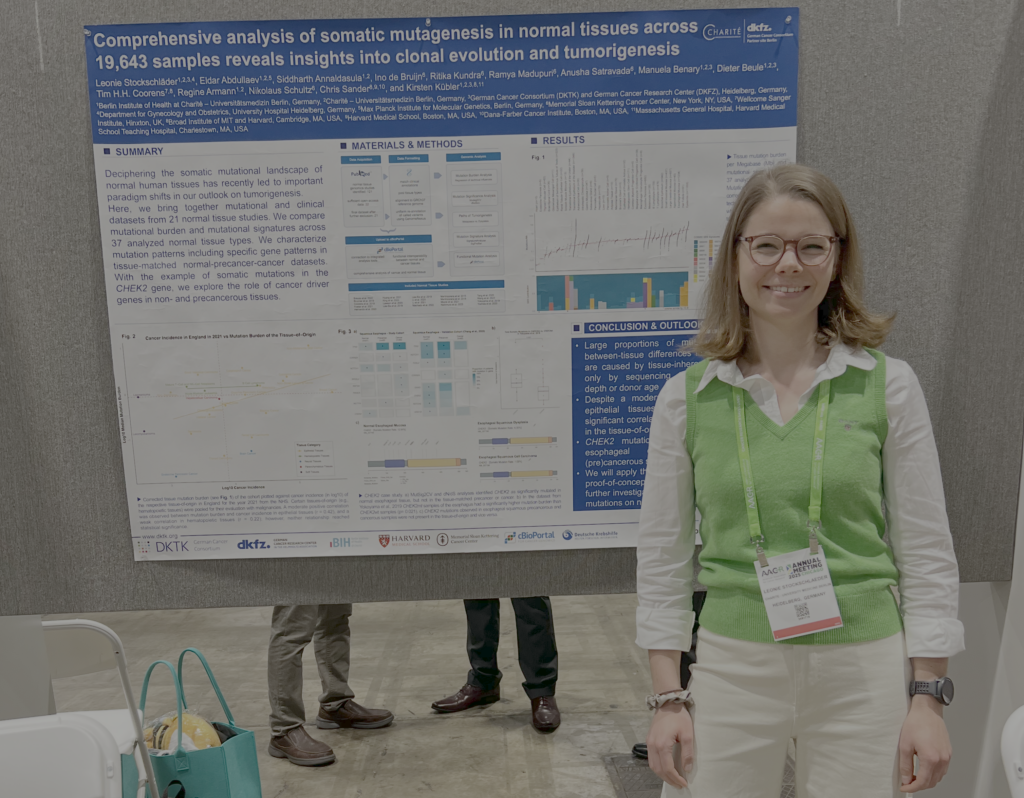
Unifying Cancer Science and Medicine
Our postdoc Leonie traveled all the way to the AACR Annual Meeting in Chicago the be at the place where scientists, clinicians, and patients meet to share and discuss the latest breakthroughs in cancer science and medicine.
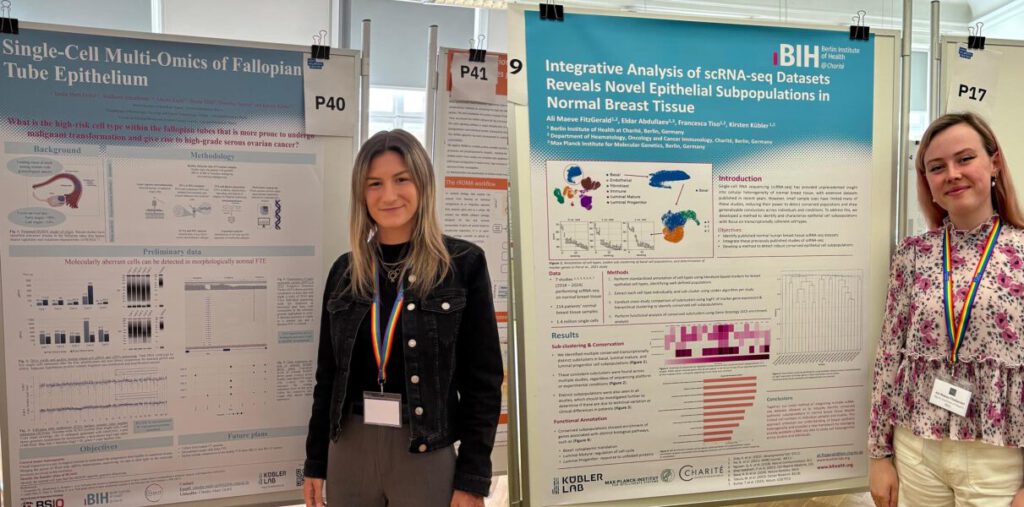
Driving Innovations in Single-Cell Omics
Our lab members Claudia and Ali participated in this year’s 4th edition of ISCO back in Berlin to showcase their own work and network with other passionate single-cell researchers.
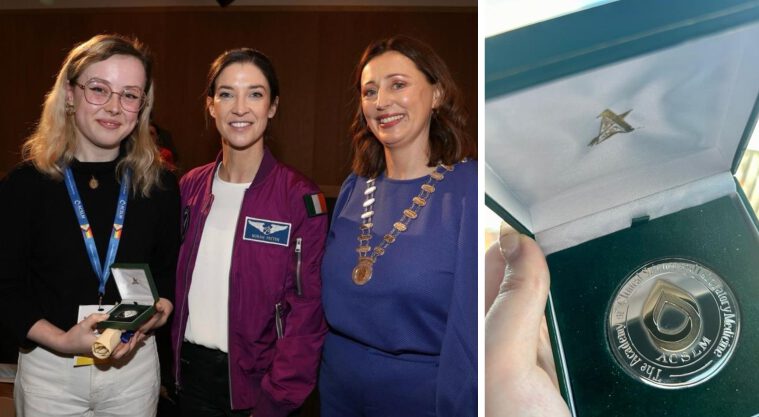
Presidential Honors and Medals – Science Edition
Wonderful news – our student Ali won the prestigious President’s Prize by the Academy of Clinical Science and Laboratory Medicine Ireland 2025 for her Bachelor’s research project – making her the top graduate of Biomedical Science across all Irish Universities of 2025! 🔬
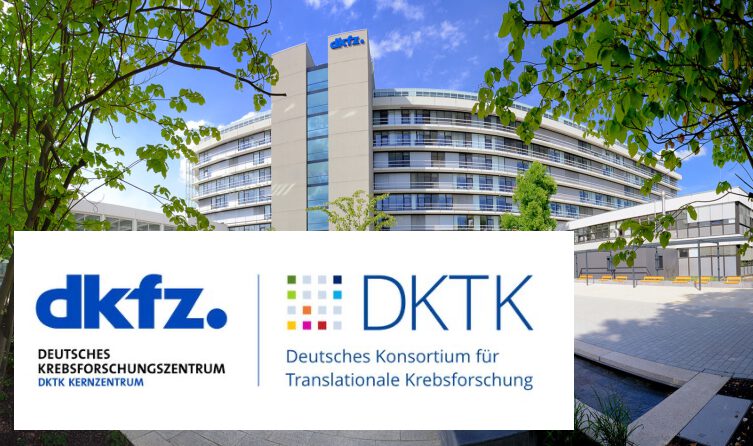
DKTK School of Oncology: Cross-disciplinary translational cancer research
Our Postdoc Francesca Tiso was selected to be a Fellow of the DKTK School of Oncology, a nationwide network of talented scientists that fosters communication and interaction between basic research and clinical application. Congratulazioni! ![]()
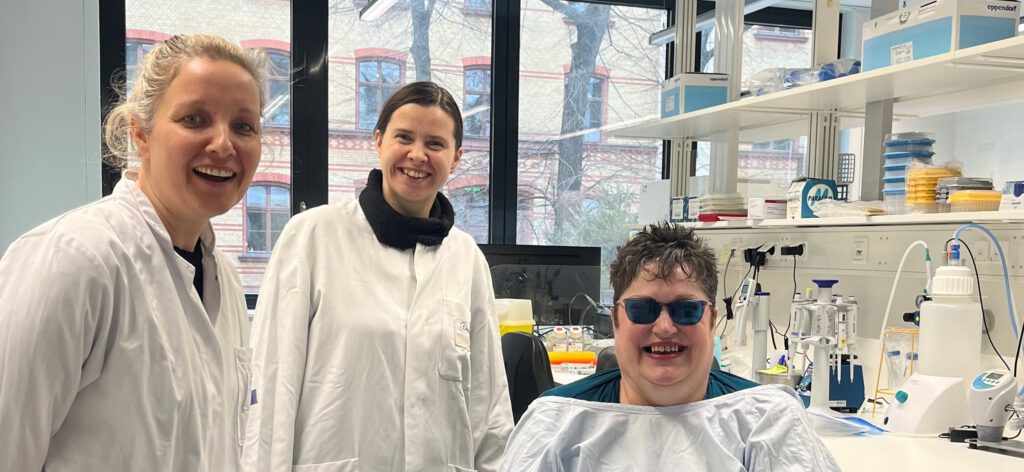
Equal opportunities for all – BIH Diversity Month 2025
A diversity of perspectives and knowledge benefits high-quality medical research. The BIH invited Dr. Katherine Dean from the University of East Anglia to visit our labs during this year’s Diversity Month – she left impressed by how inclusive and accessible our research environment already is.
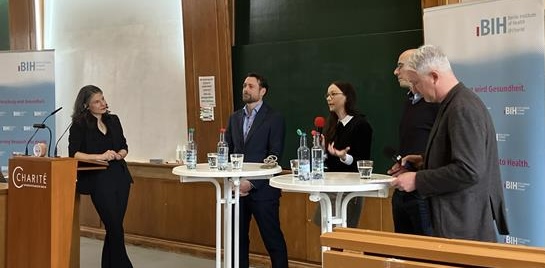
BIH INTERNAL EVENTS: 2025 GOALS & VISION
In January, the BIH community laid out the institute’s goals and vision for 2025 during our Annual Kick-off. To promote synergies between locations and across departments, our PI Kirsten Kübler took part in a panel discussion of current BIH group leaders about the challenges and opportunities of medical translation.
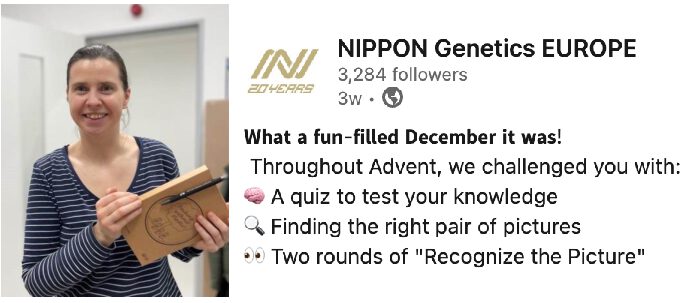
Season’s Games and Prizes
NIPPON Genetics EUROPE set out to find the expert in all things biotech innovation last December, and our lab tech Martina went in for a straight win! Congrats to the quiz champion! 🏅

Happy Holidays from the Kübler Lab
The Kübler Lab wishes everyone a joyful holiday season and a happy new year filled with discoveries and success.

Refining Prognostic Capabilities in Breast Cancer
Jumping right into her Masters research topic, our student Ali has just published her first review paper – have a look at it here and gain some up-to-date insights into the role of single-cell RNA sequencing in the transcriptome analysis of ductal carcinoma in situ!
Collaborations
Team
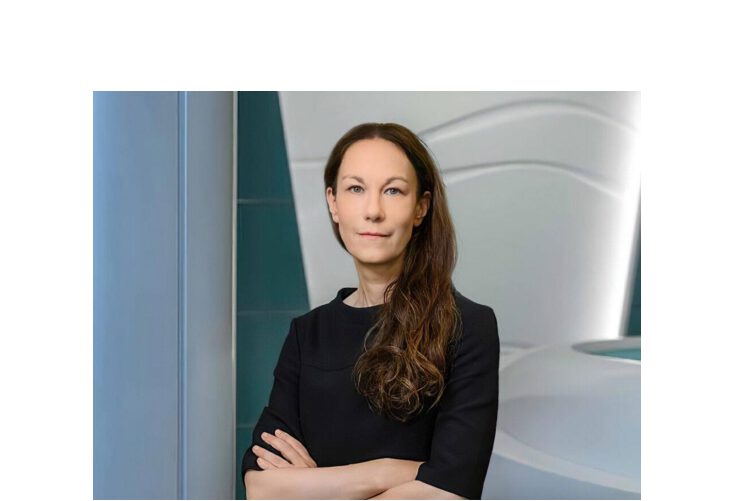
Prof. Kirsten Kübler is a clinician scientist, and her expertise in clinical oncology is complemented by her experience in tumor genomics using both experimental and bioinformatics methods. Before joining the BIH @Charité as the BIH Johanna Quandt Professor for Early Cancer Development and Prevention, she conducted research at the Broad Institute, Massachusetts General Hospital, and Harvard Medical School in Boston, USA, where she still holds affiliations.
Affiliations
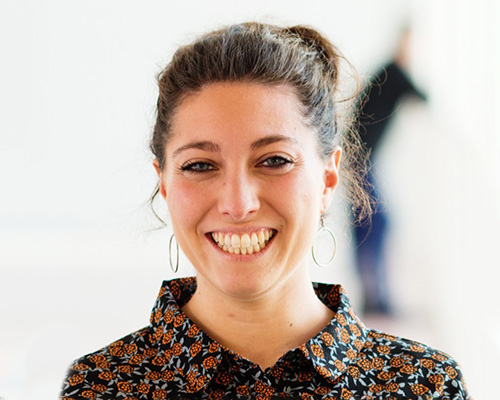
My research focuses on the discovery of the cell-of-origin of uncommon gynecological and breast cancers, exploiting cutting-edge techniques and establishing novel assays.
Curious, Determined, Positive
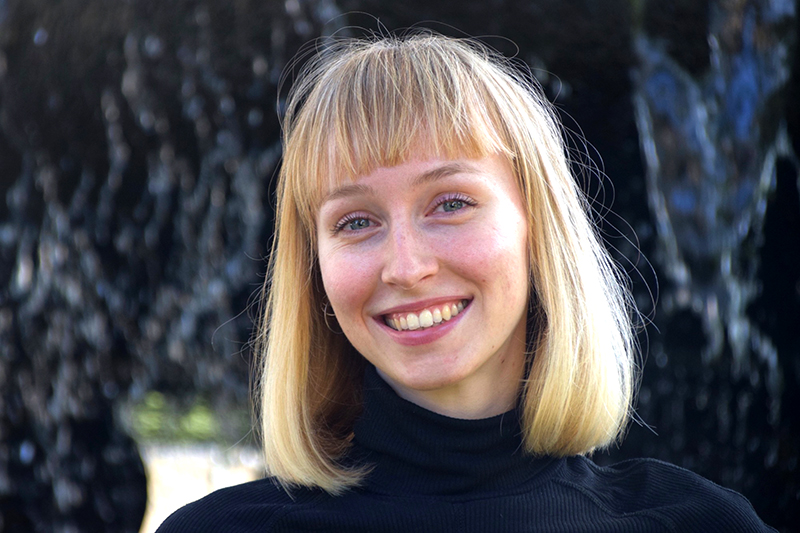
The aim of my research is to investigate the molecular mechanisms underlying tamoxifen-associated uterine cancer development, with the goal of developing a screening method.
Open, Thorough, Joyful
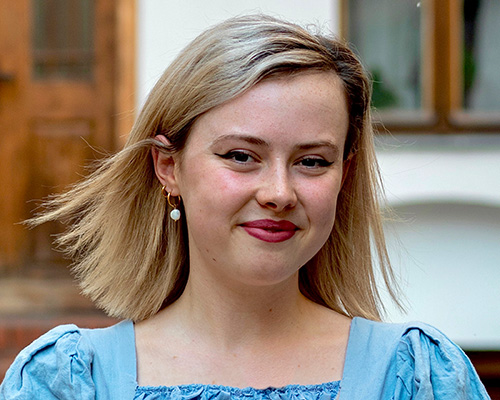
I am analyzing scRNA-seq data from normal breast tissue, DCIS and breast cancer to facilitate insights into the molecular landscape and cellular heterogeneity.
Determined, Adventurous, Friendly
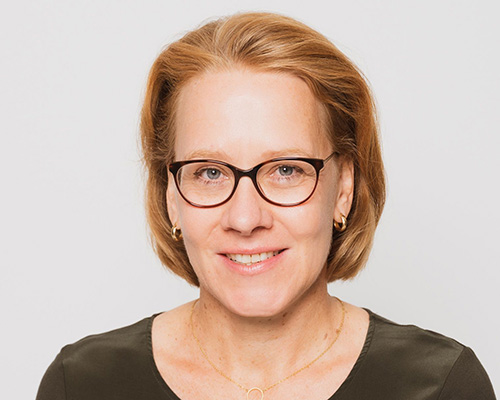
I am the go-to person for all administrative needs at the Kübler Lab. Being a non-scientist, it fills me with excitement to contribute to the research in this capacity.
Curious, Open-minded, Friendly
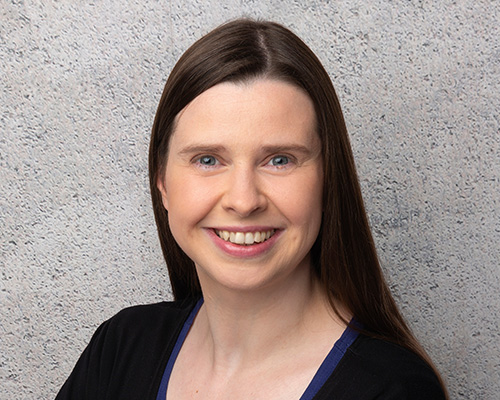
My mission is to set up a well-organized, safe and clean laboratory and to support the group in establishing and validating molecular multi-omics techniques.
Diligent, Well-organized, Empathetic
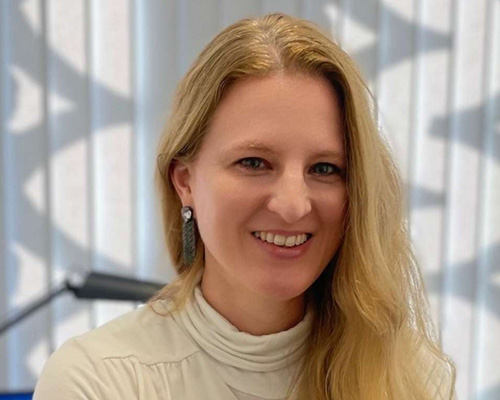
As a scientist-turned-scientific editor, I support the group in publishing and communicating their work on cancer development to different audiences.
Curious, Creative, Ambitious
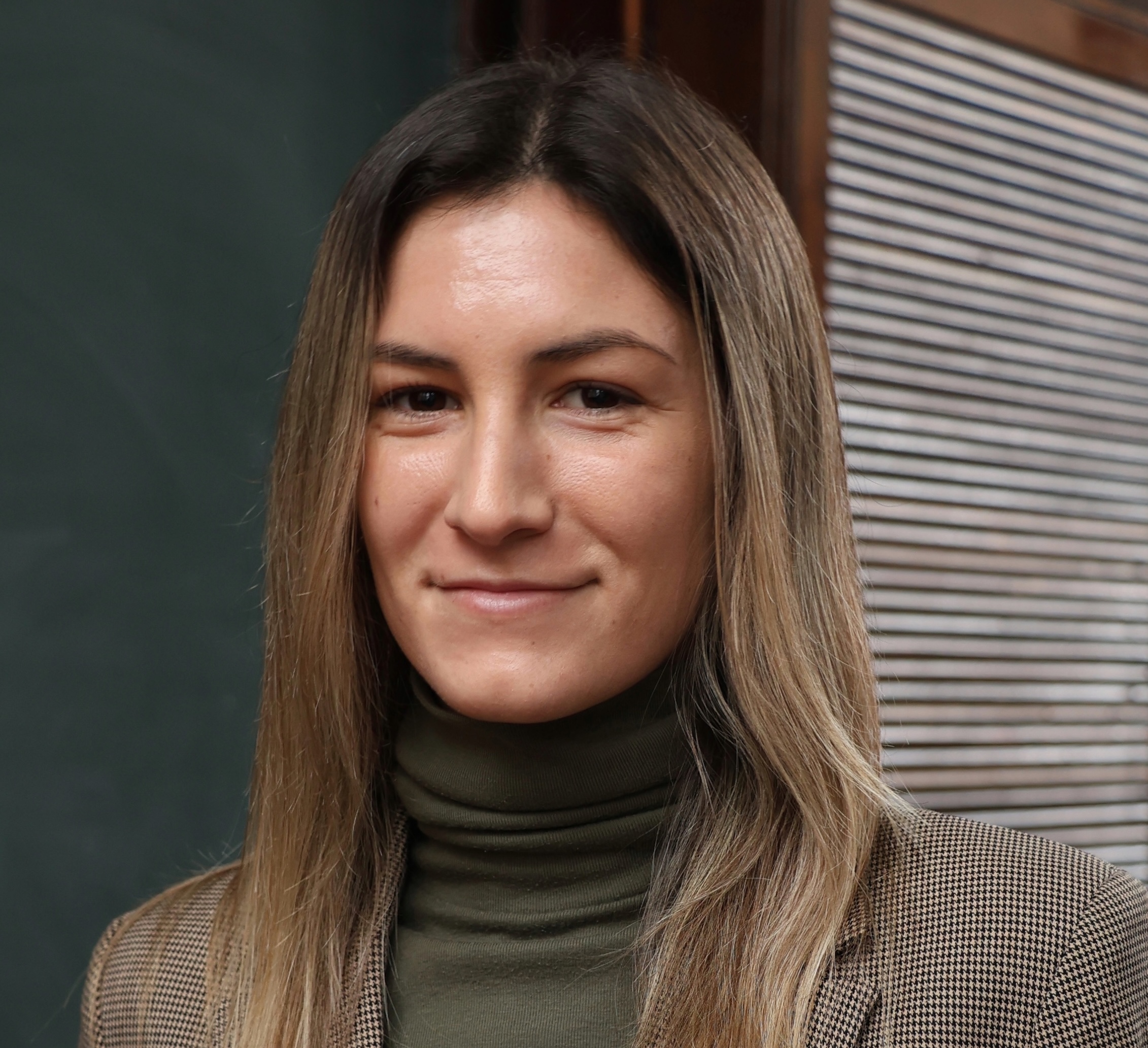
My research aims to identify the cell type susceptible to genomic alterations and to analyze clonal expansion in normal and precancerous tissues of ovarian cancer patients.
Passionate, Persevering, Optimistic
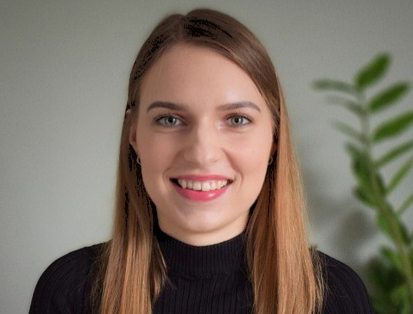
My aim is to optimize and establish new experimental techniques to identify the molecular changes that initiate cancer development.
Ambitious, Reliable, Helpful
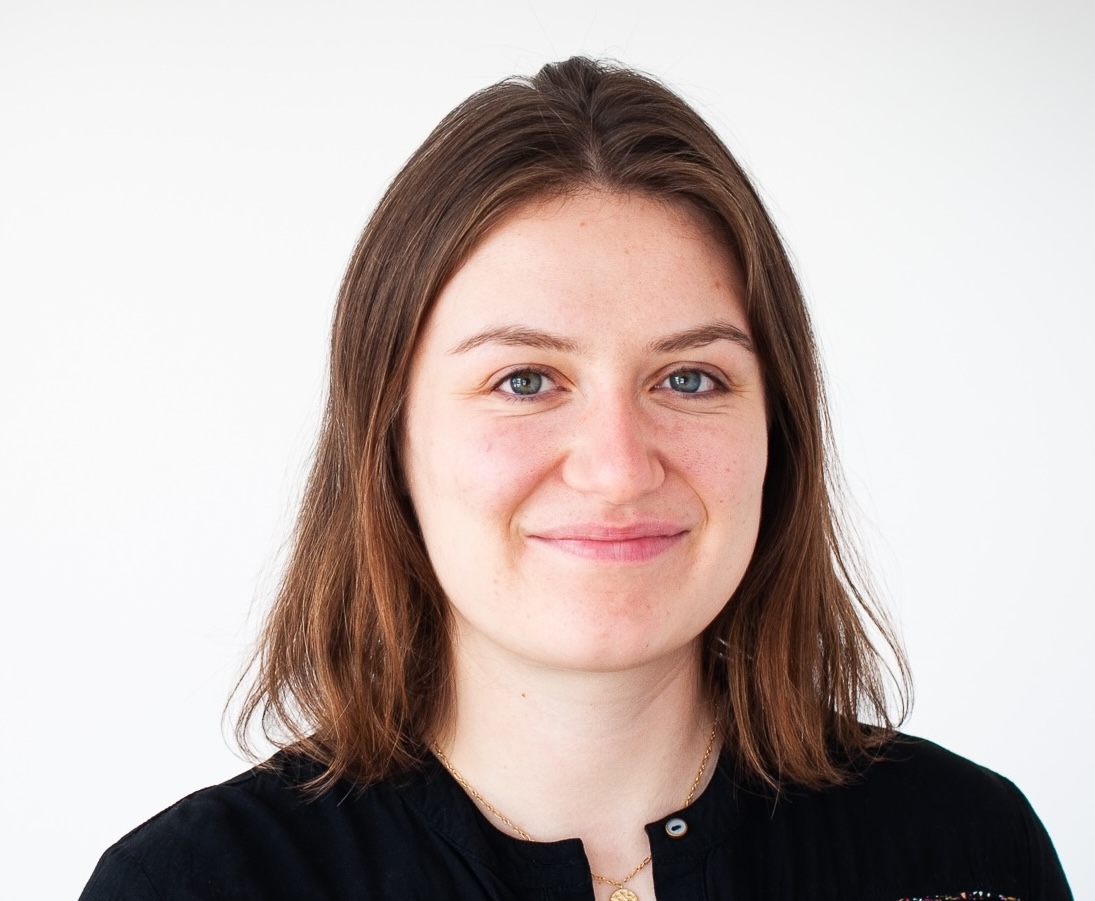
My project focuses on uncommon ovarian tumors to better understand tumor progression and pathogenesis and to improve diagnosis and prognosis for affected patients.
Warm, Conscientious, Reflected

My research focuses on primary fallopian tube cells to investigate clonal expansion, aiming to enhance our understanding of high-grade serous ovarian cancer.
Ambitious, Engaging, Versatile
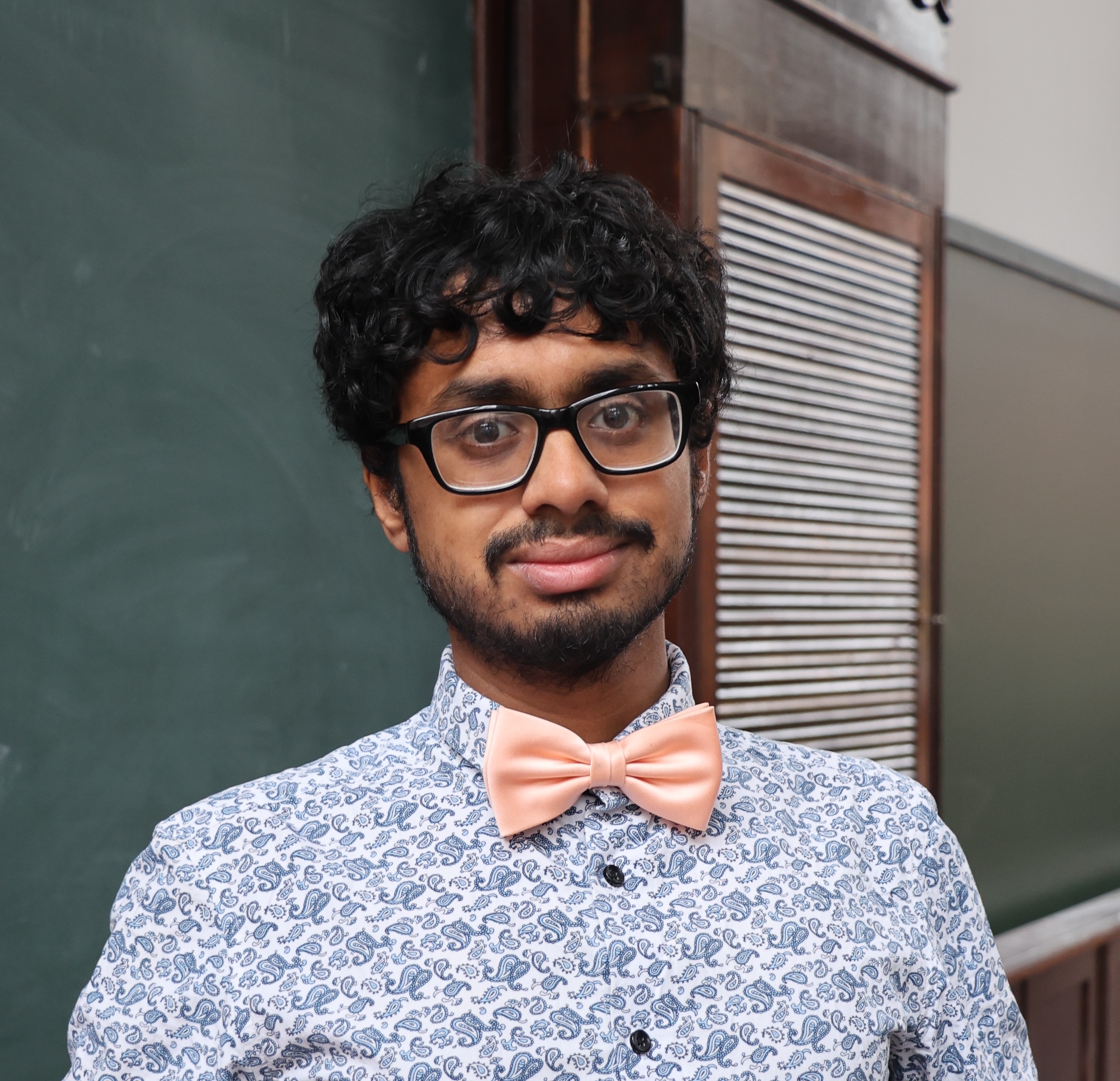
I am applying deconvolution techniques to mutational profiles to identify cell types in the tumor microenvironment, with a focus on their differentiation from a healthy to a pre-cancerous and finally cancerous state.
Adventurous, Optimistic, Thoughtful
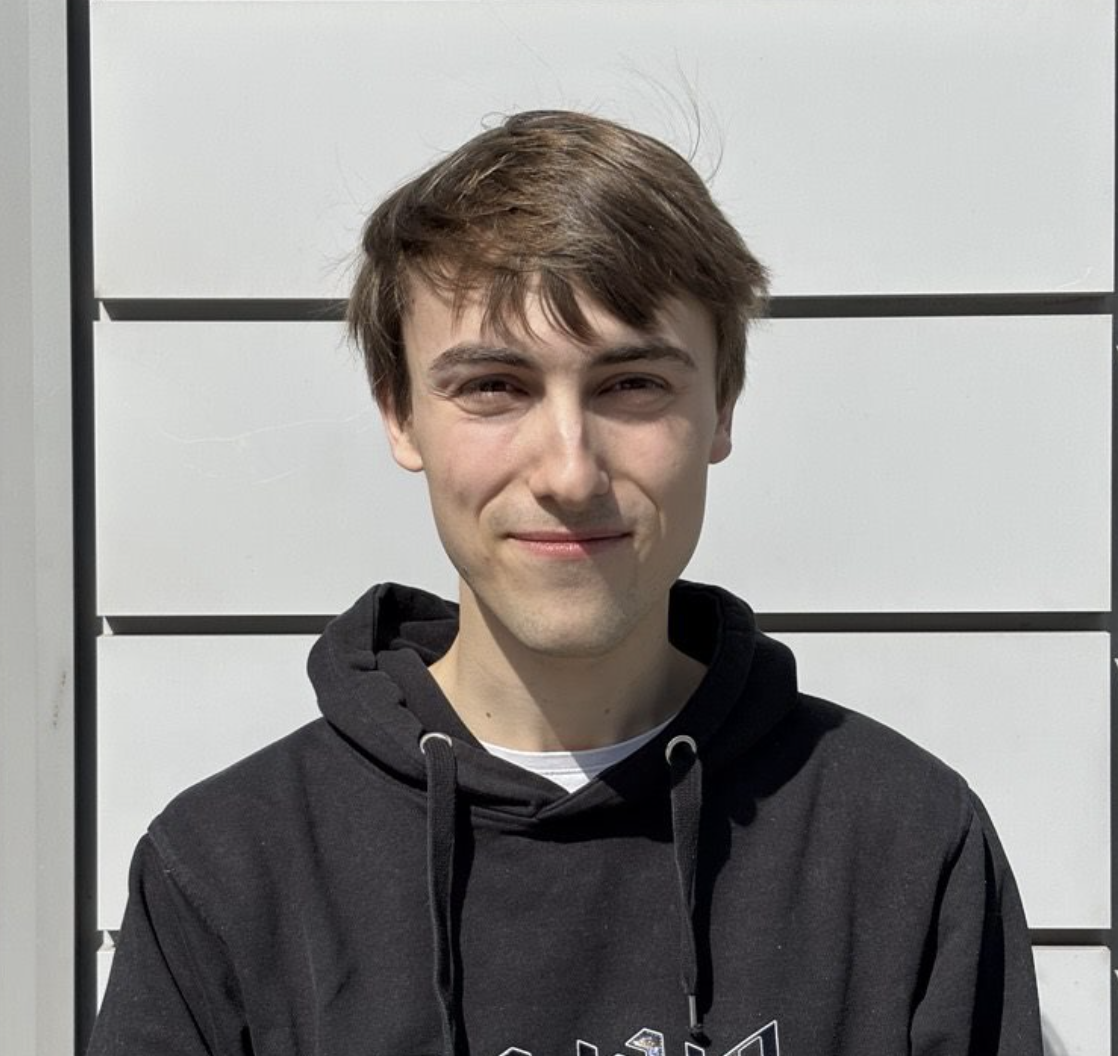
I am helping the KüblerLab to develop and evaluate a new method that allows for a comprehensive genetic and epigenetic analysis of scarce precancerous cell populations.
Curious, Ambitious, Imaginative
Alumni
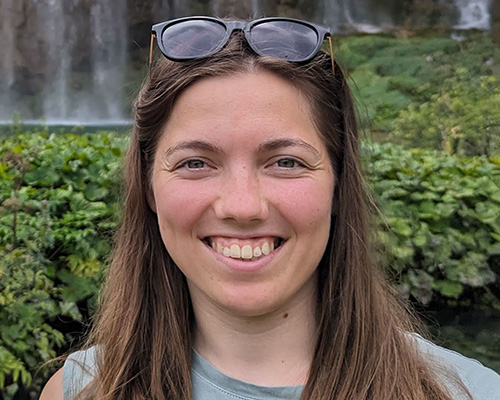
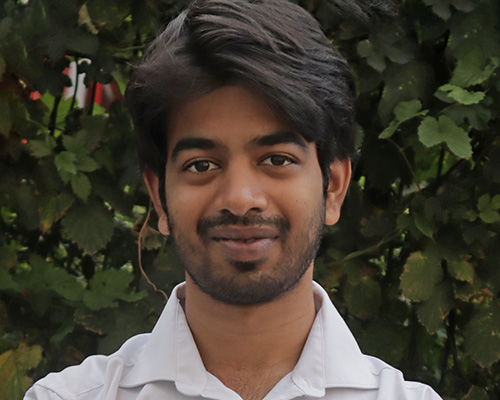
Affiliated
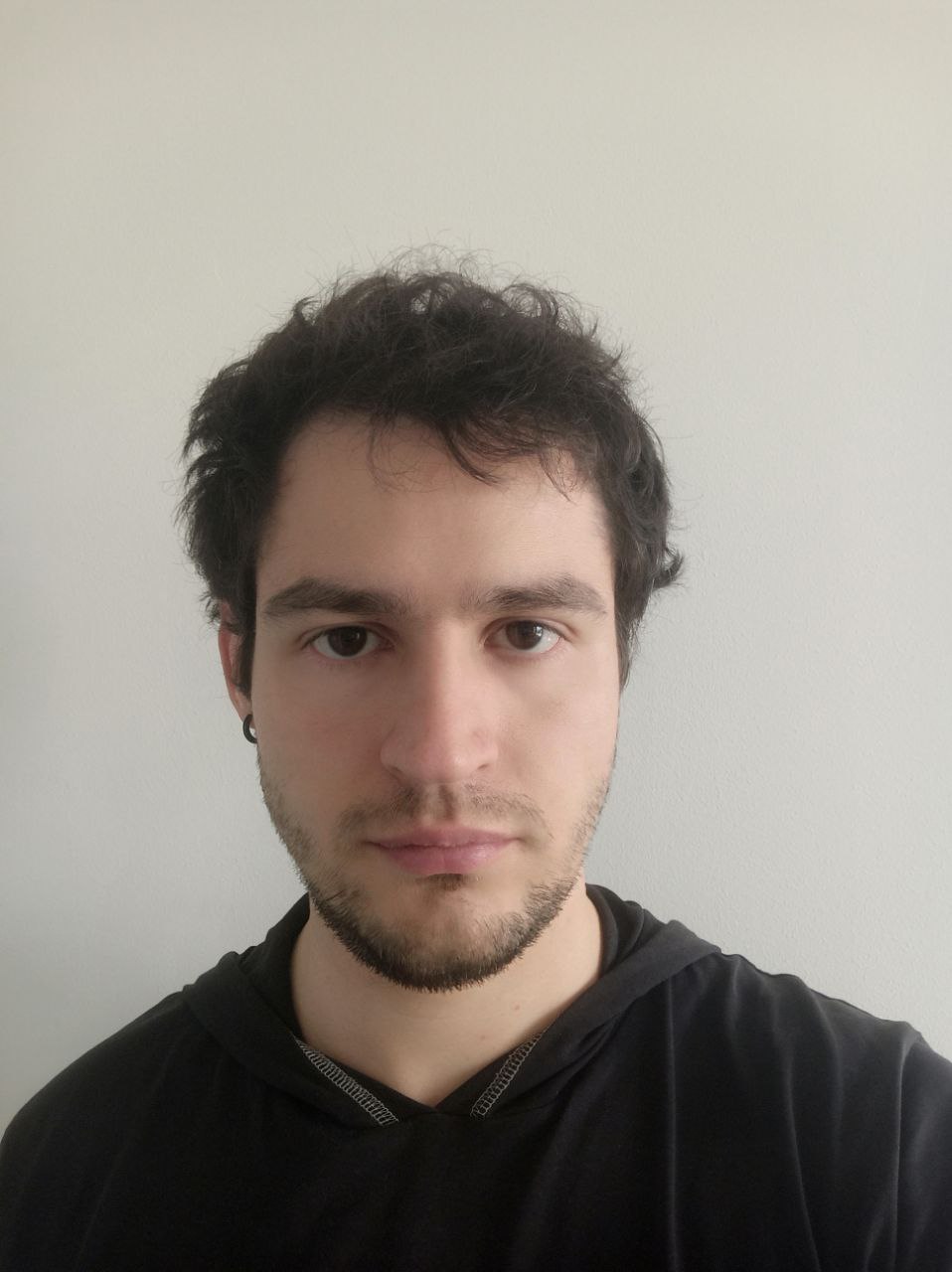
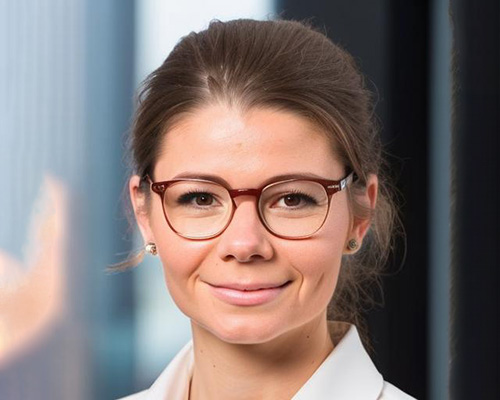
Job Offers
Join our Cancer Research Team. We are constantly seeking passionate individuals who share our dedication to cancer research. If you are eager to make a difference and contribute to groundbreaking advancements in the field, we want to hear from you. To express your interest, reach out to kirsten.kuebler[at]bih-charite.de (and please include your CV, transcript of records, and motivation letter).
Contact
The Kübler Lab
Prof. Dr. Kirsten Kübler
Berlin Institute of Health at Charité (BIH)
Rahel Hirsch Center for Translational Medicine
Luisenstraße 65 | 10117 Berlin | Germany
Campus Benjamin Franklin (CBF)
Hindenburgdamm 30 | 12203 Berlin | Germany

